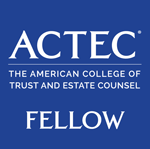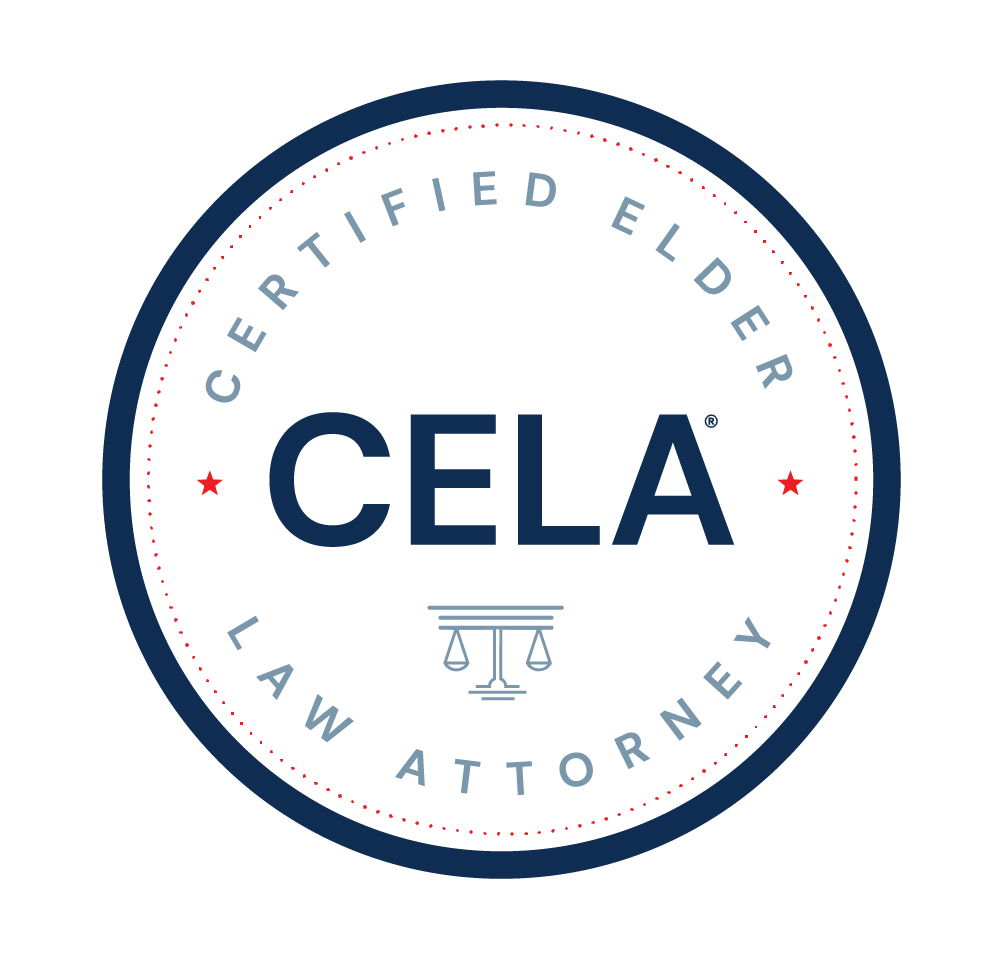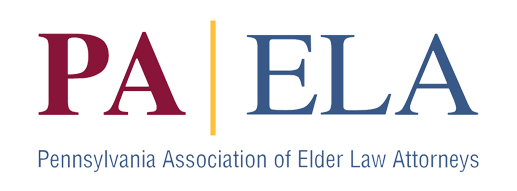New VA Pension Benefit Rules Mean Careful Veterans Planning is Required
The VA Aid and Attendance program benefit supplies a lifeline to many veterans and their surviving spouses.
Recent changes to eligibility rules are intended to control costs for this federal government program. Unfortunately, these changes mean that fewer veterans may qualify for this important supplemental income. Also, more careful planning must be done in order to ensure eligibility.
The law took effect October 18, 2018, and includes two significant new rules: a net worth limit and a look-back period for transfers of assets.
The net worth limit establishes a new framework for determining financial eligibility. VA Pension is a needs-based program; it is available only to veterans who financially qualify. Prior to the change, financial eligibility was determined based on a complicated formula that considered life expectancy, income, medical expenses and resources. Now, the new rule sets a clear upper limit on the veteran’s net worth.
The net worth limit changes each year, and in 2019 is $126,420. This does not include the value of the veteran’s home, car or most household goods. It does, however, include one year’s worth of annual income. There are many exemptions and deductions, so care evaluation must be done to determine eligibility.
The second new rule, the look-back period for transfers of assets, is aimed at circumventing a common strategy for reducing one’s net worth: transferring or gifting assets without receiving fair market value in exchange. Unfortunately, the new rule also penalizes transfers made for reasons having nothing to do with VA benefit planning. With some exceptions, such transfers or gifts now will result in a penalty period during which the veteran is ineligible for VA pension.
The look-back period applies to transfers made in the 36 months prior to the application for benefits. However, it does not apply to transfers prior to October 18, 2018, when the rule change was implemented.
The length of the penalty period is a number of months equal to the value of the transferred assets divided by the Maximum Base Pension Rate, which is currently $2169. The ineligibility period is capped at 5 years and begins the month after the transfer occurs.
These new rules represent a significant change for veterans in need of VA pension benefits: their net worth is strictly limited, and their means of lowering their net worth are restricted. However, many viable VA planning strategies are still available.
Purchasing exempt resources, family care contracts, irrevocable trusts and strategic spend down all are possible options. Which planning strategy is best depends on the specific circumstances of the veteran or surviving spouse. Any planning must include a review of the impact on future Medicaid eligibility should it be needed.
The new VA pension rules necessitate more complicated and careful planning, but the obstacles they present are far from insurmountable. Veterans who wish to learn more about VA pension planning and how they can qualify are invited to call the Hazen Law Group at 717-540-4332.











